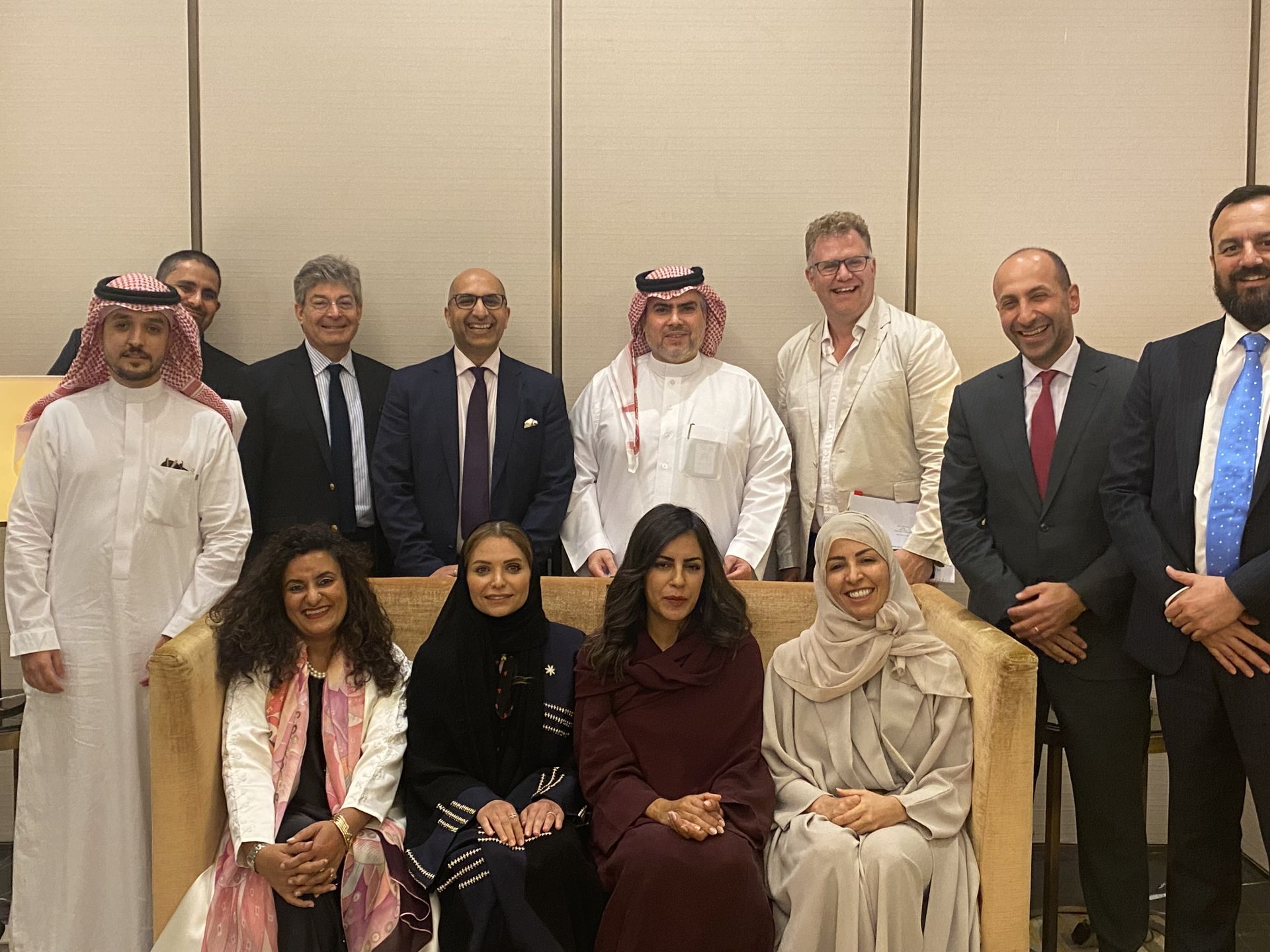FAMILY GOVERNANCE & SUCCESSION: IMPROVING THE ADVISORY PROCESS
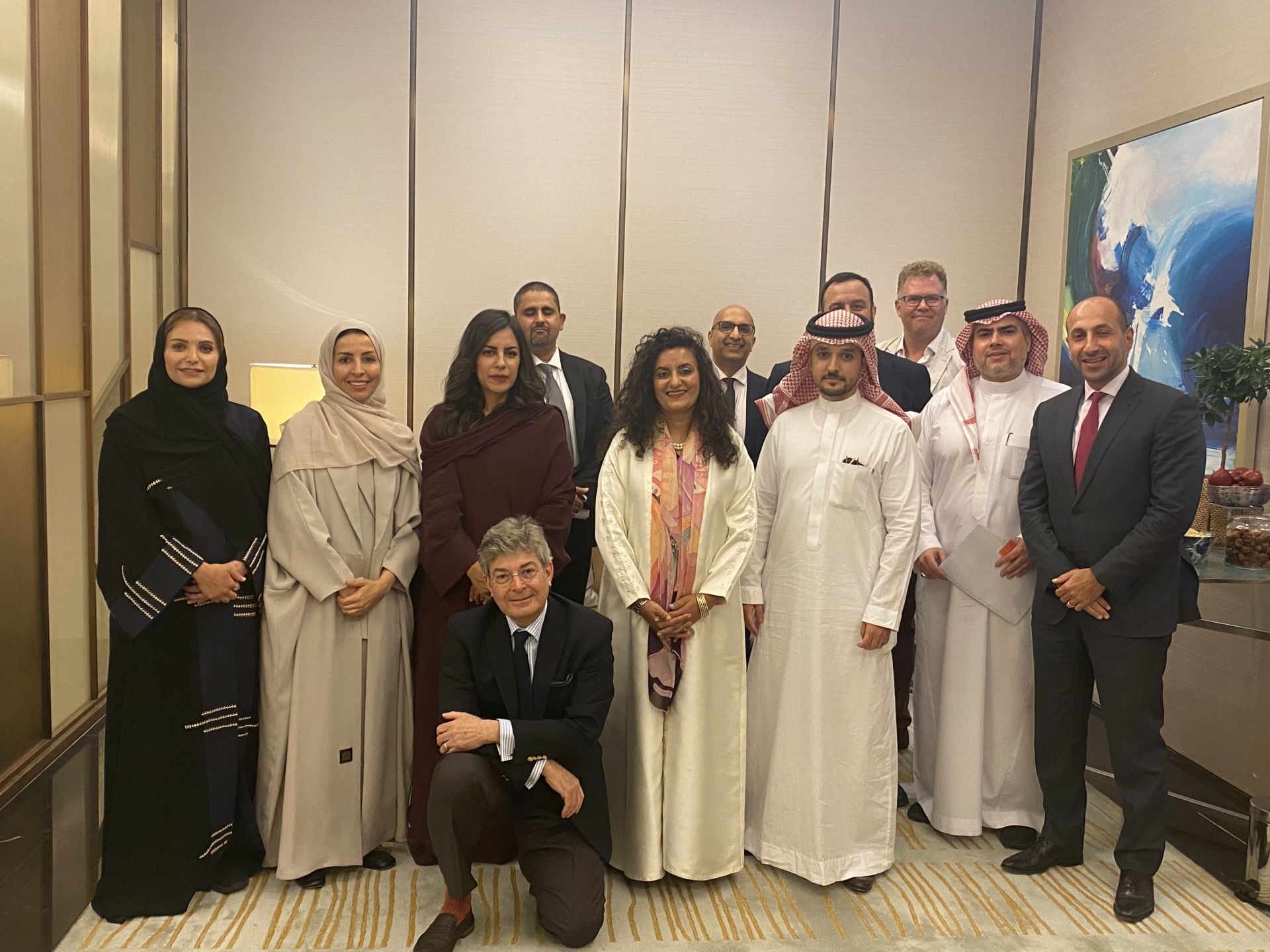
On Wednesday 31 May at the Hyatt Regency Olaya in Riyadh, HNW Advisors were invited to join Hourani & Partners Inaugural Roundtable, where select senior practitioners advising key families in the Kingdom of Saudi Arabia convened to discuss Family Governance & Succession in the Kingdom.
Co-chaired by Chadi Hourani & Sunita Singh-Dalal, the discussion included an analysis of how families are currently advised on their business and private wealth. The purpose of the session was to explore perspectives from local and international advisors and discuss optimal methods to advise families and business groups.
Key points from the discussion:
- It is important for families to appoint advisors in advance of trigger events to allow them to build an understanding of their needs and to create trust.
- The advisory process must consider family dynamics. The latest research from the field of family business includes psychological & sociological perspectives on how to achieve success.
- Conflicts of interest can arise in the advisory process where professionals sell solutions to families that have not been tailored to their needs.
- A bespoke, gradual and collaborative approach with a team of professionals leads to high quality advice & decision making.
- A successful solution is one that has taken all family dynamics in account, maximises the family's strengths and is ultimately endorsed by all.
- Strong family governance structures provide a mechanism for the next generation to discuss their views and resolve any differences.
- National Centre for Family Business & KAFD are helping to drive up standards in family governance. Accreditation of advisors is one route but only if such advisors have the trust & confidence of families.
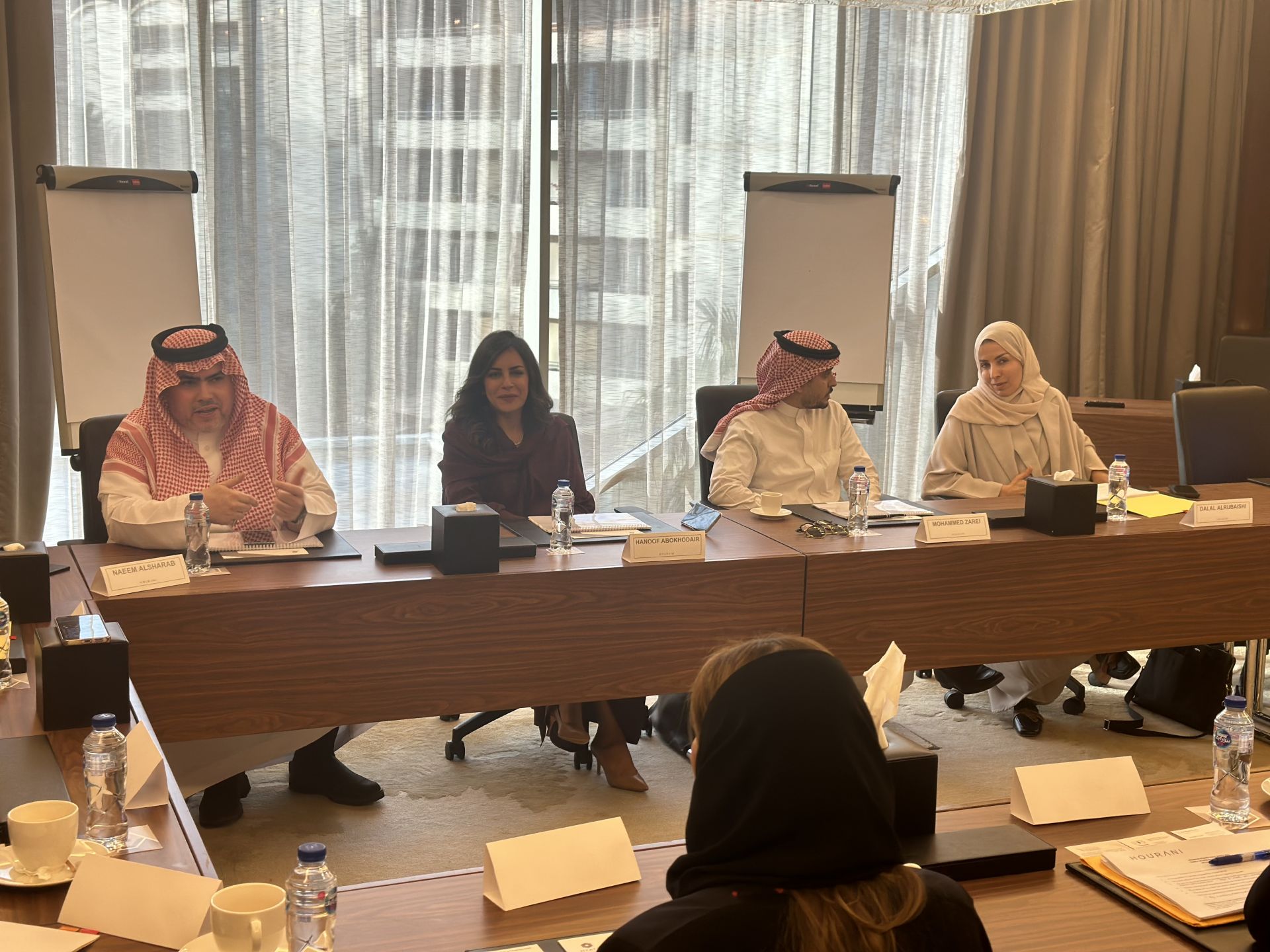
How are advisors typically engaged by a Saudi family? Historically, the Big 4 acted as trusted advisors to most US based clients, while in Europe the role was filled by a lawyer or notaire. However, in the Middle East, it is less certain who plays this part. Most families do not engage advisors soon enough in a proactive manner, but rather engage in reactive manner, which can be problematic as time constraints, or even preceding trigger events, can be hugely detrimental to the quality of advice subsequently received.
There is a clear shift in focus from purely business-related issues to those issues that personally impact the family. One does not automatically become the trusted advisor because one has been recommended or, merely by virtue of one’s position within a professional organisation (who provide services to the family). It is critical to take time to understand each family, to delve deep into the dynamic of each family and appreciate the roles played by each member. Establishing trust requires cultural insight and a deep appreciation of the limitations that affect each family. Superficial advice in isolation of such awareness can be hugely detrimental to families given that the impact of such advice lasts for years and affects generations.
While word of mouth remains very influential, families may only tend to seek out specialists in more dire or complicated situations. One of the guests noted that when she was working as a banker, building trust was essential to the relationship, and once earned, the opportunity to access clients became very tangible.
Often, if the patriarch takes the lead and appoints a key adviser, it is much easier for that adviser to gain acceptance within the family, as opposed to when one is appointed or introduced by a son, or a daughter.
A family may request an independent second opinion to help formalise a family office. Although creating structures and processes is important, a great deal of emphasis should also be placed on family dynamics and the interplay between both. A well written document such as a family charter that has taken months (or even years) to curate, may sit in a drawer and not provide the intended benefit, if the entire family was never involved in the creative process and hence are not invested in the positive outcome of implementing the constitutional charter.
Research into family businesses has shifted to focus on psychology, but this is not always present in succession or leadership plans. Professionals such as sociologists and psychologists can in fact add tremendous value. Families are beginning to understand the value of including a variety of professional advisers when embarking upon creating a viable succession plan.
However it is unfortunately not uncommon to still see families where all children, except one, are excluded from the business, which obviously leads to tensions between siblings that then remain unacknowledged, unaddressed and sometimes even blissfully unrecognised.
It is necessary for the future of family businesses in the region to therefore normalise family dialogue and provide an open platform for such discussions, if they are to survive and succeed.
Where can conflicts of interest arise in the advisory process?
In the past five years, many international banking institutions, law firms, and trustees have emerged in Dubai, usually possessing a superficial knowledge of their regional clients. This can be either because the Family is selective in the information they share, delegating select tasks to advisors only, or because the advisor has tunnel vision and does not delve deeper to gain a holistic perspective. Consequently, they often give advice that is not tailored to the individual's circumstances, which can then lead to miscommunication and frustration.
This issue is particularly relevant in the US and UK, as many fail to recognise the potential benefits of implementing the principles of Sharia. If applied correctly, Sharia can provide effective solutions for many families in the region. It is critical that Saudi Families are advised on domestic and regional issues by local advisors who truly comprehend such issues and pre-emptively advise families in relation to such issues. Professional firms commonly construct solutions to offer their clients, like IPOs or Private Joint Stock Companies, although this usually benefits the advisors more than the clients. Furthermore, law firms usually provide the same product with little personalisation, thus leading to poor execution of their services.
Advisors may become overly focused on their own agenda and marginalise the Client’s best interests in the advisory process. Trusted advisors are what many families lack. Being impartial can be hard, and the family may not even be aware of what their needs are. Sadly, there are those who distribute incorrect information and commoditize family governance with western templated frameworks that they then impose upon families.
No matter how noble the intention, the reality is that an inexperienced team dispensing advice on deeply personal and local business matters, may have a tremendously detrimental effect in the case of an unforeseen event, such as the death of a patriarch.
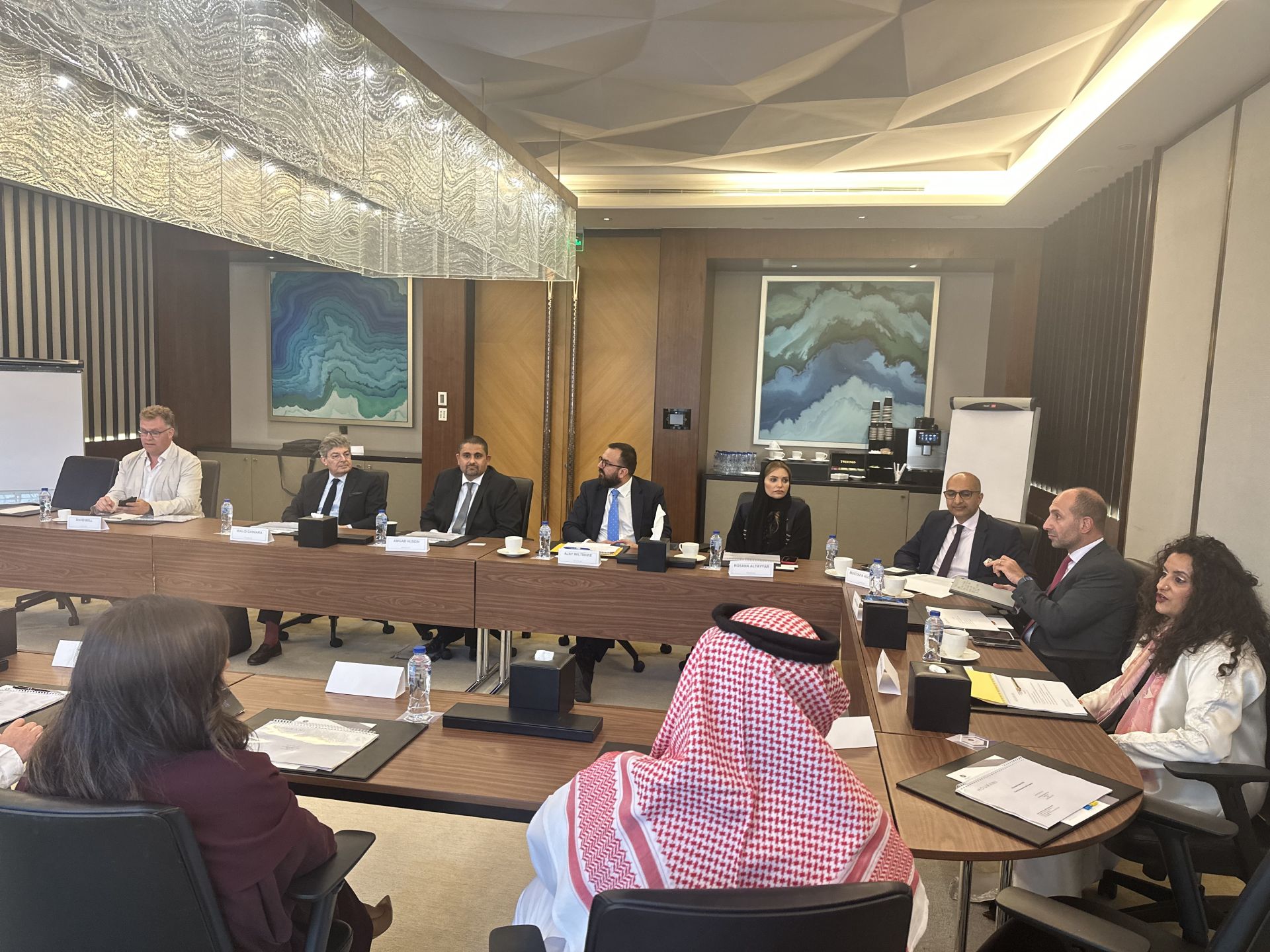
What do Saudi families and their advisors need to succeed? In order for a governance framework to succeed, a collaborative approach is necessary. The key issues should be brought to light by talking with the family and uniting the efforts of other key advisors. To succeed one must be able to address issues of conflict. Recognising and accepting conflict is an intrinsic precursor to the process. Sunita Singh-Dalal added that, “Leading this exercise is akin to conducting an orchestra. Everyone must be given a voice, but all voices must culminate in harmony. Ultimately, a successful solution is one that has taken all family dynamics in account, maximises the family's strengths and is ultimately endorsed by all.”
To date however family charters remain untested by the judicial courts, so there is relatively little precedent in the public domain for other families to truly learn from.
Worldwide, there has been an immense shift of power in the younger generations, with Saudi Arabia having made notable progress in transitioning from operators to owners. When the wealth is transferred, however, family tensions can arise if it is not managed correctly. The advisory ecosystem can be strengthened through the development of structures for company law, charity, philanthropy, and a quasi-judicial system. With family governance, a structure is established that will allow families to concentrate on the running of their business and the swift but private resolution of any disputes that may occur.
Now, more conversations are emerging about the tools that can be employed, with the National Centre for Family Business aiming to modernise company law and the new centre at KAFD helping to implement the change. Foreign law firms are becoming increasingly able to access the KSA market, leading to the prospect of an improved legal framework if collaborations are made. It may be possible to create an outstanding product based on the existing law, by taking a common law approach in a freezone.
But how can professional advisors establish credibility? And how can a roster of truly competent, qualified, local advisors be built? An internationally recognised bespoke learning program could be created, instead of using obsolete foreign models that have no contextual relevance in Arabian society today. It is vital to ensure that appropriate cultural considerations are taken into account at the outset when devising such models.
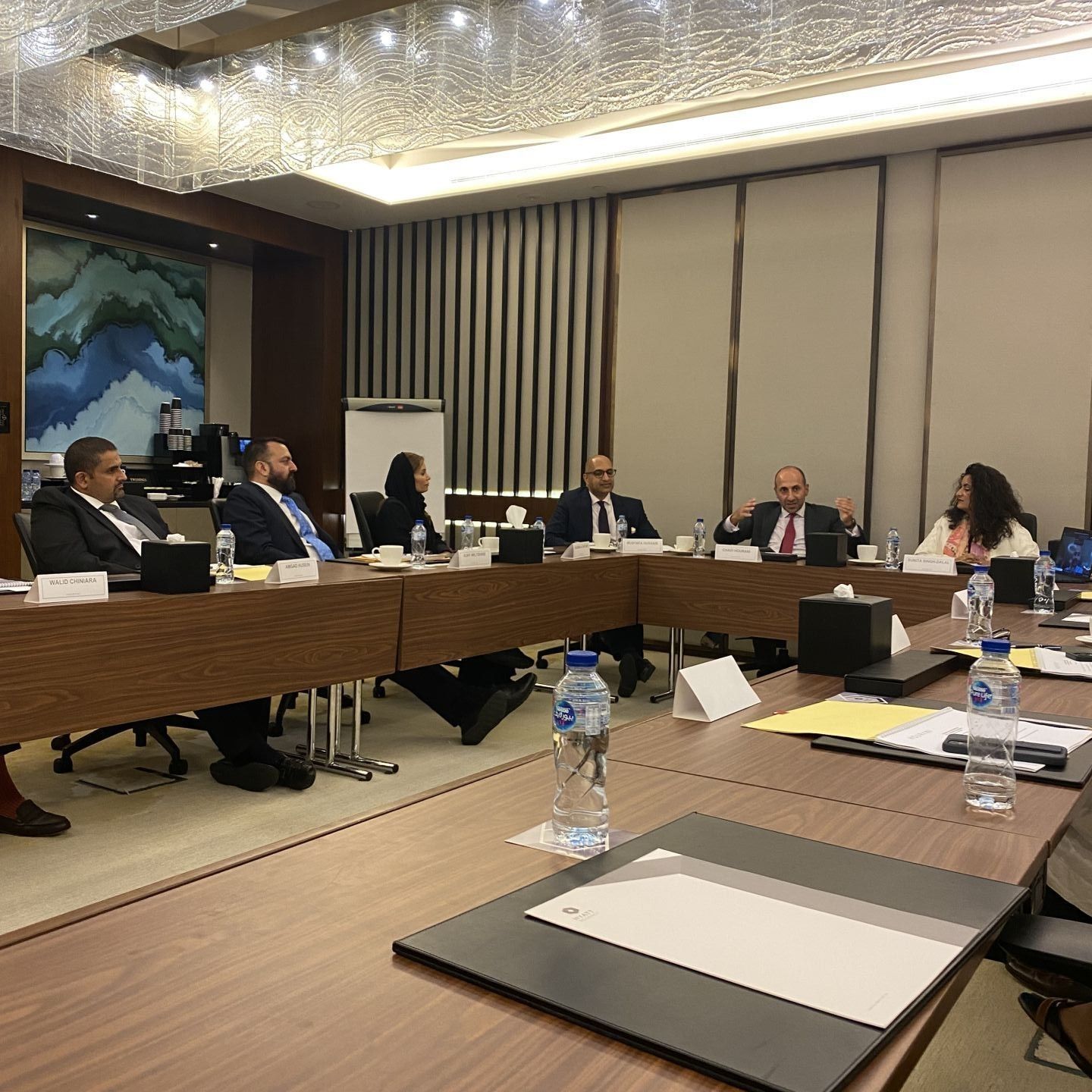
Where to start to improve the advisory landscape?More conversations are now emerging about the tools that can be employed, with the National Centre for Family Business aiming to modernise Saudi company law and the new centre at KAFD helping to implement the change. Foreign law firms are becoming increasingly able to access the KSA market, leading to the prospect of an improved legal framework, but only if collaborations with the best in class from local advisors are forged. It may even be possible to create an outstanding bespoke succession product based on the existing law, by taking a common law approach in a freezone.
Perhaps a list of accredited, qualified professional advisers, who will collectively offer families a range of complete family governance and succession services is the first step to be taken. The only challenge of course being “how does one truly qualify for such accreditation, who assesses eligibility criteria & suitability of candidacy?” Should accreditation include client feedback & testimonials? And then of course, are all Saudi families aware of such accreditation? then remains is how does one suite of services The ultimate quandary being, are accredited professionals always the trusted adviser that families will confide in? Surely confidence in a person is the most significant element of the appointment.
Conclusions
The advisory landscape is clearly a work in progress for many. The critical fact remains however that advisers must recognise their limitations & seek partnerships with those on the ground that are truly qualified, seasoned advisers.
“Let this be the beginning, not the end”.
